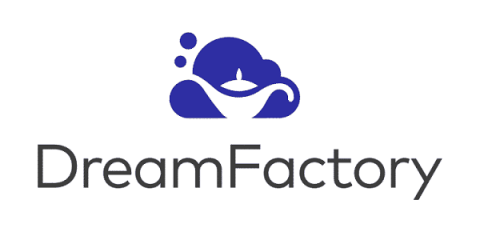Systems | Development | Analytics | API | Testing
%term
Fivetran vs. Attunity (Qlik Replicate)
If you’re looking for an alternative to your legacy ETL database software for your cloud migration and ongoing replication, read on to learn more about key considerations.
Fivetran vs. HVR
If you’re evaluating the best ETL database software for your cloud migration, here’s our take on key differences.
Monthly Recurring Revenue: 11 Tips for Improving Your MRR for Better Business Growth
How to Scale Your API Ecosystem on an Open Source API Gateway
This blog post is part three of a three-part series on how they’ve scaled their API management with Kong Gateway, the world’s most popular open source API gateway. (Here’s part 1 and part 2.) In 2019, our Kong-based API gateway platform hosted about 1,900 proxies and handled 375 million transactions per month. 2020 saw a tenfold increase in both metrics to more than 11,000 proxies and 4.5 billion transactions per month—about 150 million transactions per day.
10 Error Status Codes When Building APIs For The First Time And How To Fix Them
Things don’t always go well when using an API for the first time, especially if you’re a beginner and it’s your first time integrating an API into another system. Often documentation is lacking in terms of errors, since it’s easier to anticipate things going right, than things going wrong. In HTTP, many status codes can give you an idea of what was going on when you called an API.
Comprehensive API Management Platforms: Who Has The Most Features?
Do I Need an API Led Strategy?
Using SQL to democratize streaming data
Streaming analytics is crucial to modern business – it opens up new product opportunities and creates massive operational efficiencies. In many cases, it’s the difference between creating an outstanding customer experience versus a poor one – or losing the customer altogether. However, in the typical enterprise, only a small team has the core skills needed to gain access and create value from streams of data.










